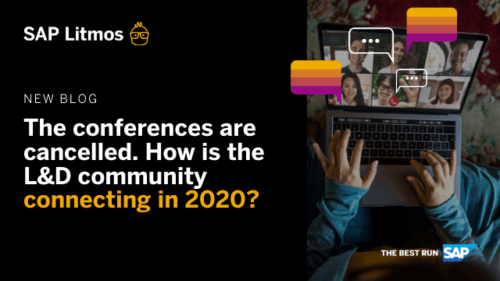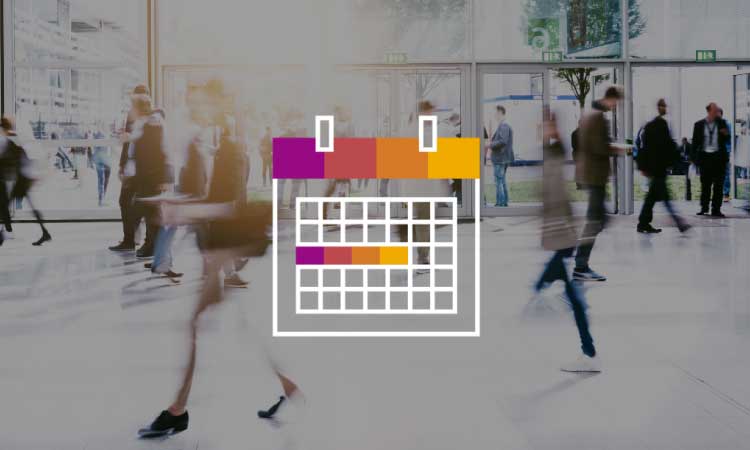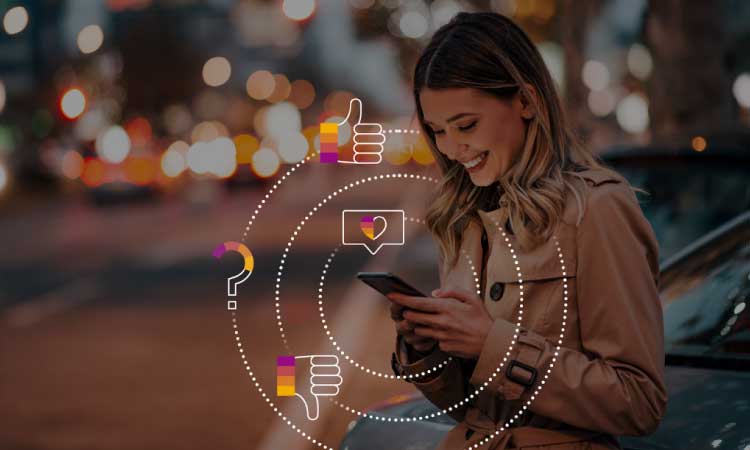Conferences are Cancelled: Making L&D Community Connections in Lockdown

We’re halfway through 2020. By this point in a normal year, there would have been several major L&D conferences. We’d be connecting with our friends and colleagues in the training community in person, watching speakers, and talking with vendors on exposition floors all over the world.
The pandemic has made those events dangerous, even as the demand for our work — particularly services like distance learning and mobile learning – has increased worldwide. So how can we connect that now that many of us are working from home?
What do conferences look like during a pandemic?
In February, just before the COVID-19 pandemic hit U.S. shores, locking down businesses, and canceling large events, L&D Twitter was alive with excitement over the conventions scheduled for 2020. A few had already happened.
“See you in Denver!” attendees tweeted of ATD’s International Conference and Exposition 2020, which was slated for May in Denver, Colorado.
But then came the news, in early March, that a biogen conference in Boston had been responsible for exposing attendees to COVID-19, and shortly after, states began to shut down, asking companies to send employees to work from home. By April, the Colorado Convention Center where ATD 2020 was scheduled to be held was commandeered for use as a field hospital.
So in early April, ATD’s 12,000-attendee conference was canceled and in June a 5-day online event was held in its place: the ATD Virtual Conference. Not everyone who’d planned to attend ATD 2020 went to the virtual sessions (Litmos was supposed to attend ATD 2020, but was unable to make the virtual conference), and the speaker line-up was not the same, but it was a way for L&D professionals to safely gather.
ATD is not the only conference that went online; Training Magazine’s TechLearn Conference, set for October in Austin, will now be a digital conference. TechLearn 2020 Digital Edition featuring GamiCon is a series of webinars running from July through December.
DevLearn just canceled their planned conference in Las Vegas in October, although they have contingency plans in place for an “expanded, multi-week online experience.”
The rise of the webinar
Webinars have always been a big part of the L&D community, but lockdown has seen more L&D professionals relying on them, both as part of virtual events, like conferences, and on their own.
Litmos, for example, is offering more webinars. During our webinars we like to make sure the cameras are on and that our content is engaging, so that participants really feel they are connecting with us and each other.
Webinars let L&D professionals get face time with their peers for a shorter, more focused period of time, rather than asking people to commit to logging on every day for a virtual conference. The webinars are also online indefinitely, so participants and latecomers can watch the content later on, if they are not able to attend live.
Connecting with other peers over social media
Even when nothing is planned, like an event or a webinar, you can always find your L&D peers where they always are — on social media. LinkedIn and Facebook both have groups for learning and development. Just search, and you’ll find groups devoted to L&D.
Twitter, however, has a particularly thriving community of learning and training professionals. You can find them by searching the #learninganddevelopment hashtag, or on Fridays by participating in the #LDInsight conversation hosted by L&D Connect, a community of learning professionals and volunteers, who discuss one focused learning issue weekly. (They’ll be hosting their own online UnConference in September.)
However you do it, however, it’s important to remember that you can connect to the L&D community. The conferences might not be happening, but the professionals are still here. They’re just on the other side of your screen.





